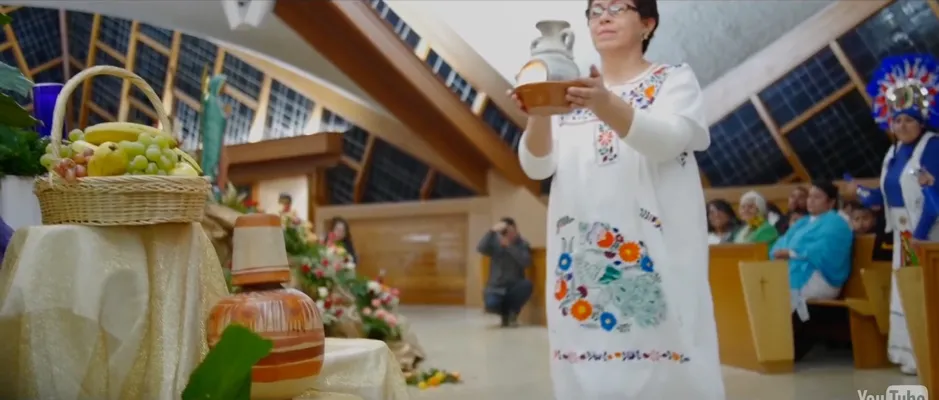Armando Minjarez Monarrez
Ulysses: New Hope in the Heartland (Armando Minjarez Monarrez)

In only seven and a half minutes, Ulysses: New Hope in the Heartland navigates a complex layering of human history by documenting the ever-changing lives of people who live in the rural village of Ulysses, Kansas in the midwestern United States. This area's renaissance from "dust bowl" to "salad bowl" is a story of transborder migration that U.S. media tends to ignore.
This project charts the mingling of lives of people who have converged in a particular part of the country. Most people in the United States are familiar with Mexican workers in the agricultural sector. They may not be familiar, however, with the number of Mexicans who work in the oil and gas industry. These workers are rendered invisible, as are their families and the cultural values that they bring with them.
The film tells a story that is narrated entirely by women, some who are Mexican or Mexican American and others who identify as "Anglo" (non-Mexicans and non-Mexican Americans). They are mothers, daughters, teachers, and entrepreneurs. This is a story of change, since for most of the last century, Mexican women and their children did not accompany their husbands when they migrated to the United States for work.
The U.S. heartland might ostensibly seem "American," but it has been Mexicanized—or perhaps re-Mexicanized since much of the land was part of México until the United States annexed it in 1846. Ulysses now boasts a demographic of 50% Latina/o. The culture that Mexicans bring with them to Ulysses is mestizo, that is, part Spanish and part indigenous. Ulysses is governed by adaptability, something that provides a viable model for other depopulated villages throughout the United States.
Ulysses: New Hope in the Heartland is part of Turning Points: Stories of Change, a series of short films that explore pivotal moments in four Kansas communities, made possible by the Kansas Humanities Council.
This work was first curated in FLEFF 2017.
Armando Minjarez is a Mexican interdisciplinary artist, designer, and community organizer. His practice is guided by themes of displacement, collaboration, and empowerment to open up spaces for the development of social change strategy and creative expression. He is cofounder of The Seed House~La Casa de la Semilla, founder of the art collective ICT ARMY of Artists, and co-founder of the North End Urban Arts Festival. Minjarez has traveled, conducted research, and facilitated workshops and trainings on racism, displacement, migration and creative expression in Canada, Europe, México, and the United States. His work has been featured on the New York Times, Buzzfeed, C Magazine, and published in peer-reviewed scientific journals.